Affordable food has been taken for granted for the past 30 years in developed countries. However, as world food prices started climbing in 2006, this perception has quickly changed.
At present, a consensus is emerging that the global food system is becoming increasingly vulnerable to episodes of extreme price volatility. This, in turn, has a significant negative impact on producers and consumers, especially in developing countries.
Experts have widely varying opinions on the reasons for this situation. Consequently, the list of underlying factors is long and fluctuating: increasing world population and incomes, higher meat consumption, rising energy prices, bio-fuel production, speculation by investors, trade policy restrictions, climate change, etc.
Rising food prices prompted questions on the functioning of the food supply chain inEurope. In response, the Commission set up a monitoring tool for food prices. The EU is also preparing legislation to improve the regulation, functioning and transparency of financial and commodity markets. In November 2011, the G20 responded with a number of measures to increase agricultural production and productivity and further regulate financial markets.
However, without a coordinated approach at international level, experts forecast that the average cost of key crops could increase by between 120% and 180% by 2030.
Click here to read the complete briefing.

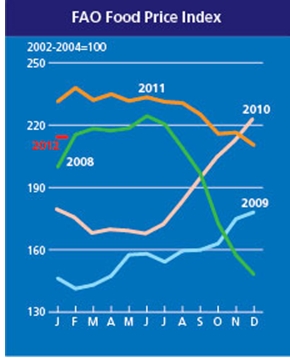
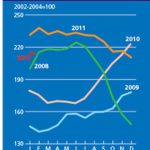
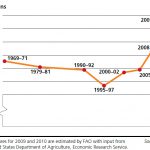
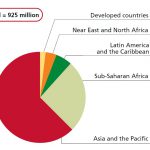
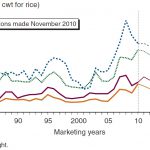
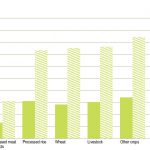
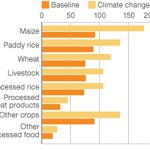






Be the first to write a comment.